Optimal Timing for Demolition Projects
Timing for demolition projects depends on various factors including weather conditions, project scope, and local regulations. Optimal periods typically avoid extreme weather, ensuring safety and efficiency. Planning during mild, dry seasons can reduce delays and complications.
Performing demolition during suitable weather conditions minimizes risks such as flooding, wind damage, or heat-related hazards. Proper scheduling ensures safety compliance and can lead to cost savings by avoiding project interruptions caused by adverse weather.
Demolition is best scheduled during dry, mild weather to ensure safety and efficiency.
Larger projects may require longer planning periods and optimal timing for minimal disruption.
Compliance with local ordinances and permits can influence the best timing for demolition.
Spring and fall often provide favorable conditions for demolition activities.

Heavy machinery preparing for demolition project.
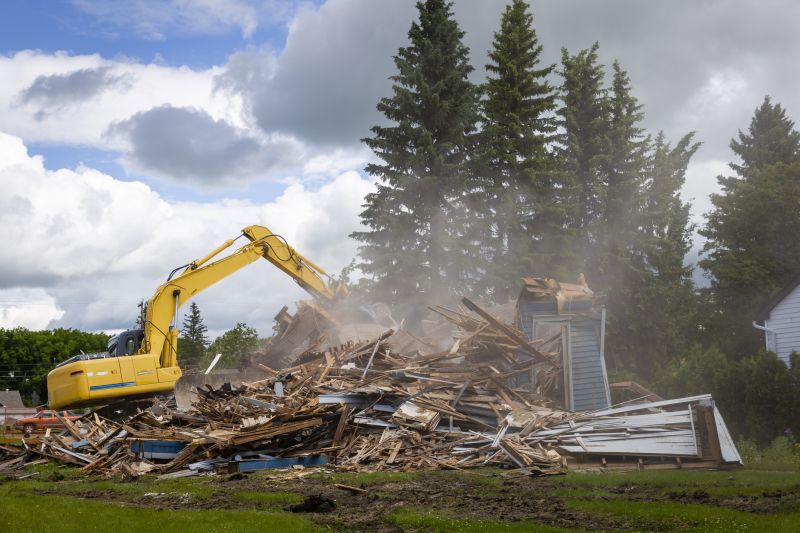
Clearance and safety measures before demolition begins.
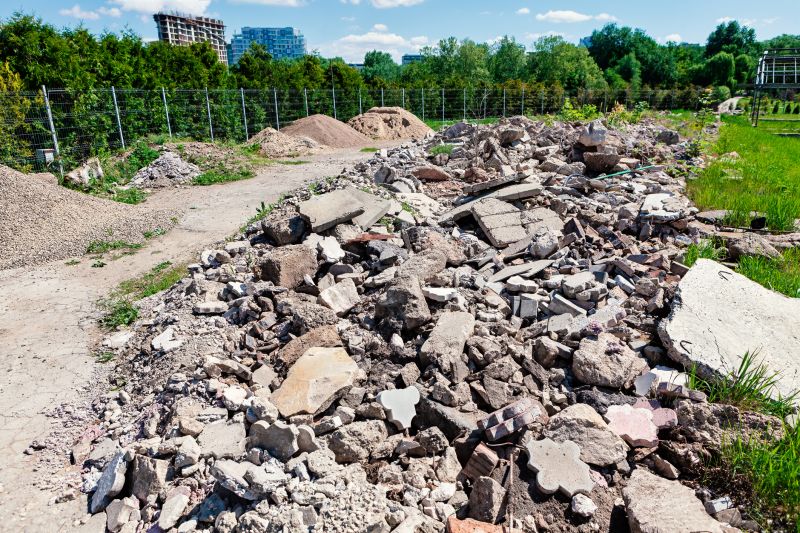
Cleaned and cleared area ready for new construction.
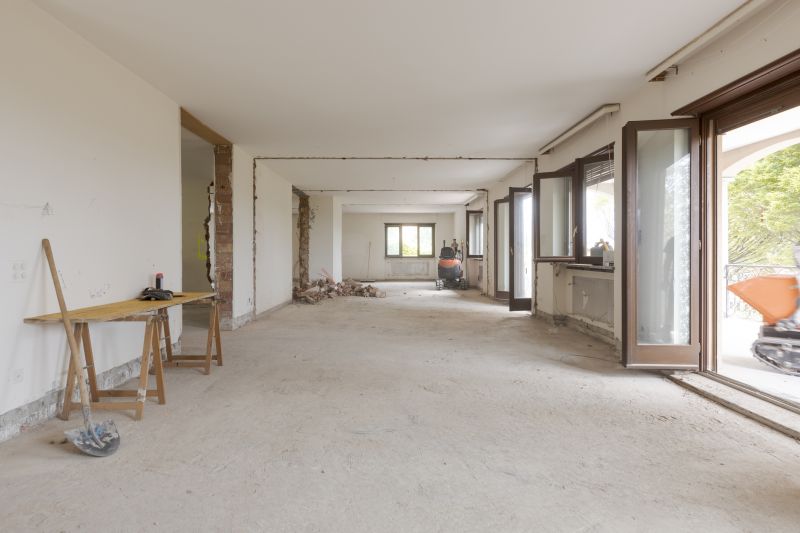
Ways to make Demolition Service work in tight or awkward layouts.
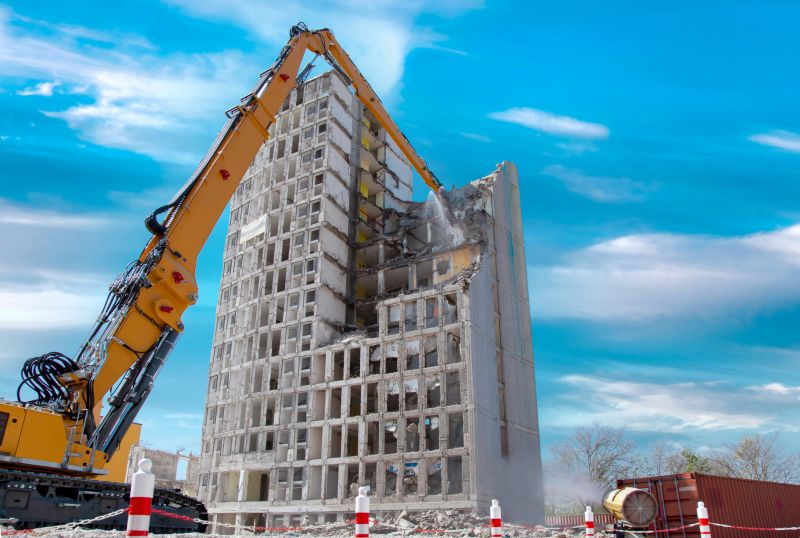
Popular materials for Demolition Service and why they hold up over time.

Simple add-ons that improve Demolition Service without blowing the budget.
| Factor | Impact on Timing |
|---|---|
| Weather conditions | Optimal during dry, mild seasons |
| Project size | Larger projects need extended planning |
| Permits and regulations | May influence scheduling windows |
| Seasonal climate | Spring and fall are ideal |
| Availability of equipment and staff | Aligns with weather windows |
Demolition services involve the controlled dismantling and removal of structures, often serving as the first step in redevelopment or new construction projects. Proper timing ensures safety, reduces delays, and optimizes resource use. Accurate scheduling considers weather, project scope, and regulatory requirements to facilitate a smooth process.
Statistics indicate that scheduling demolition during favorable weather periods can reduce project duration by up to 20%. Proper planning minimizes safety risks and can lead to cost savings by avoiding weather-related delays. Understanding local climate patterns is essential for determining the best time to initiate demolition activities.
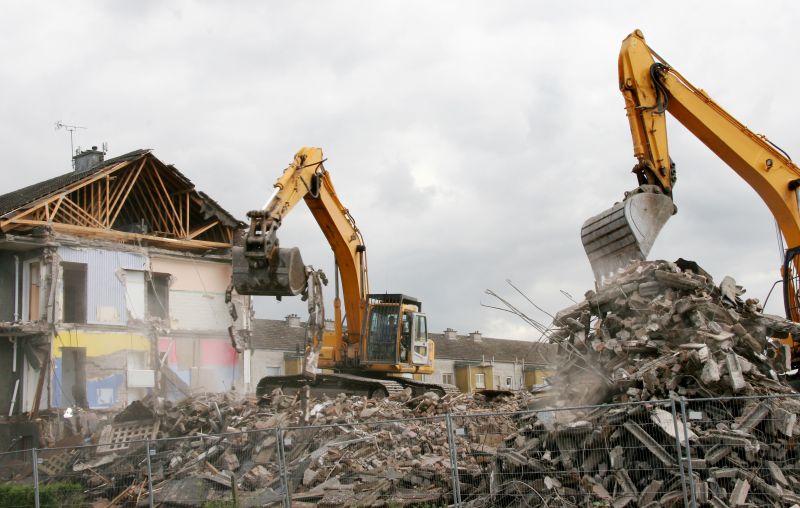
Various heavy equipment used in demolition projects.
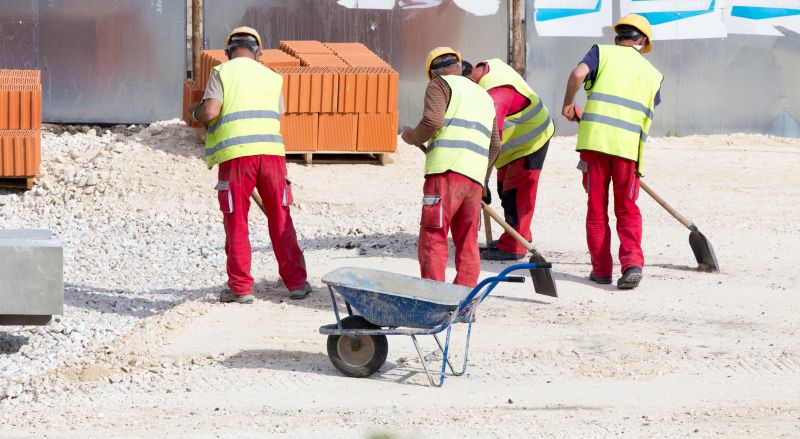
Protective barriers and safety gear at demolition sites.
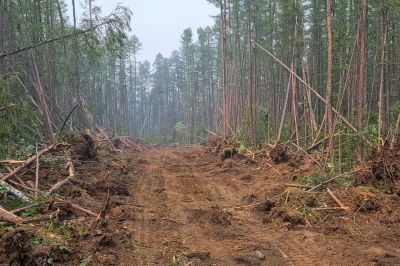
Post-demolition site ready for new development.
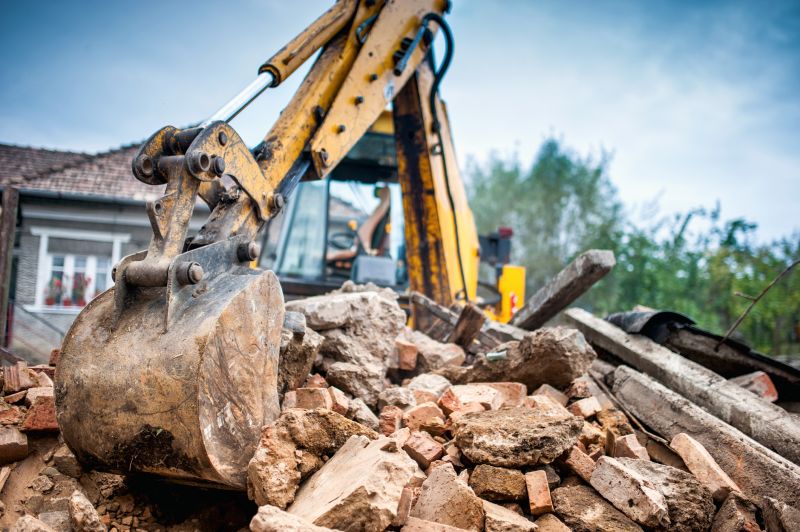
Demolition professionals operating machinery.
Interested parties are encouraged to contact for more information or to discuss scheduling options. Proper timing maximizes safety and efficiency, ensuring successful project completion.

